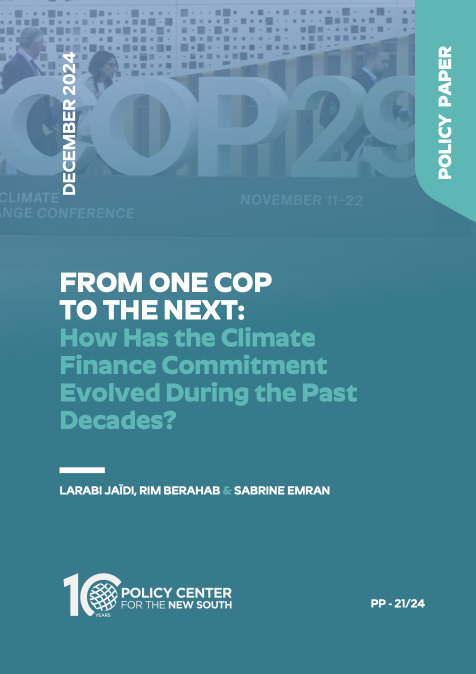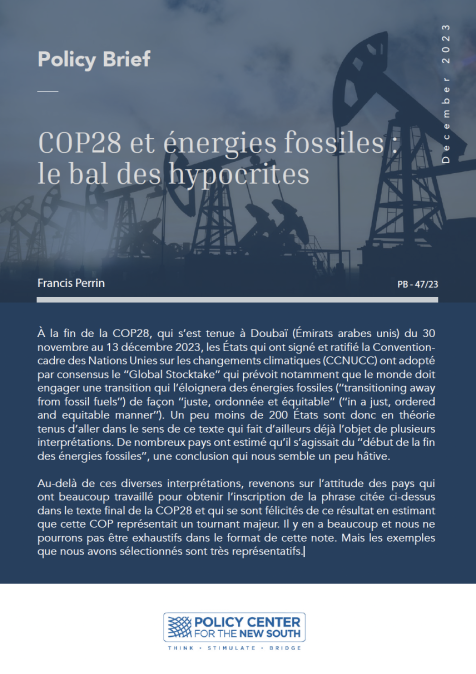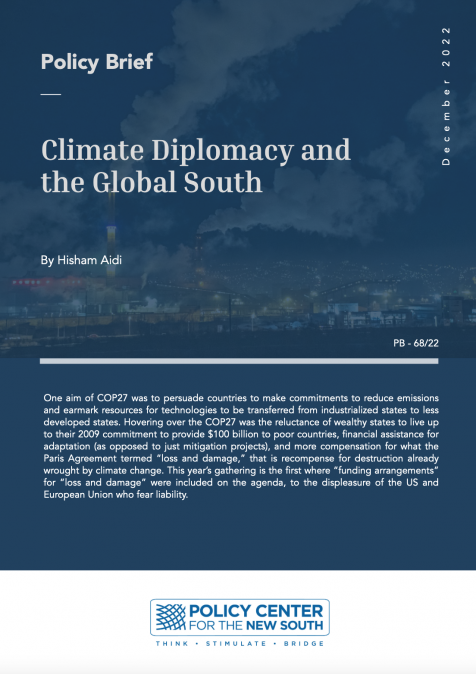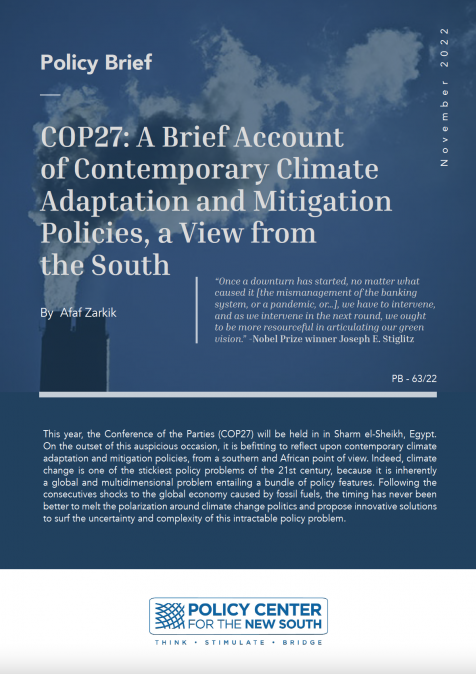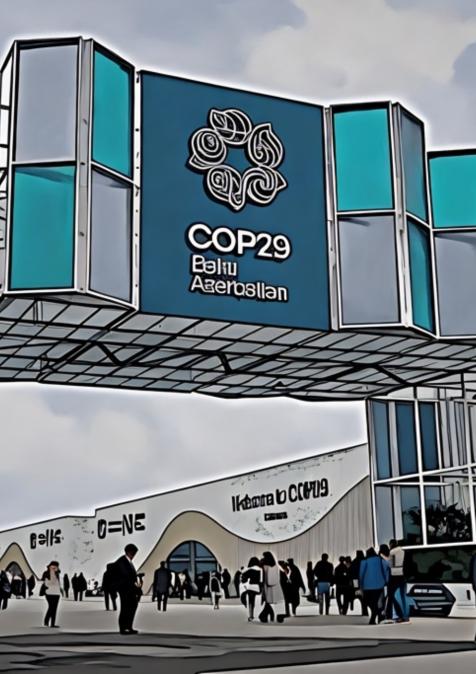
December 20, 2024
The agreement reached at COP 29 to provide $300 billion annually in climate financing to developing countries (excluding China) by 2035 marks a significant milestone, tripling the previous target. Yet, the response from developing countries has been overwhelmingly negative. A statement from the group of least developed countries labeled the agreement “a staggering betrayal of the world’s most vulnerable.” Similarly, representatives from major developing countries like India and Nige ...

